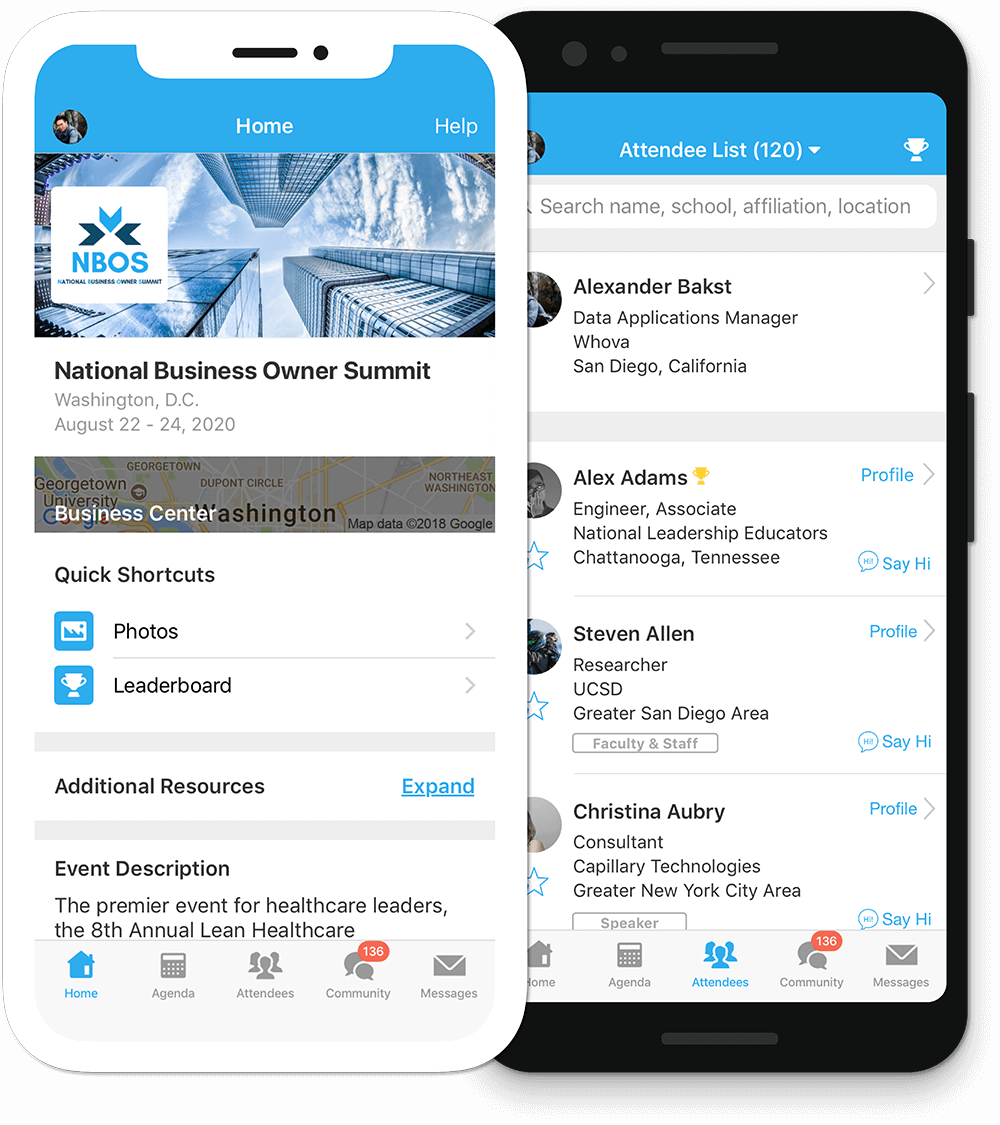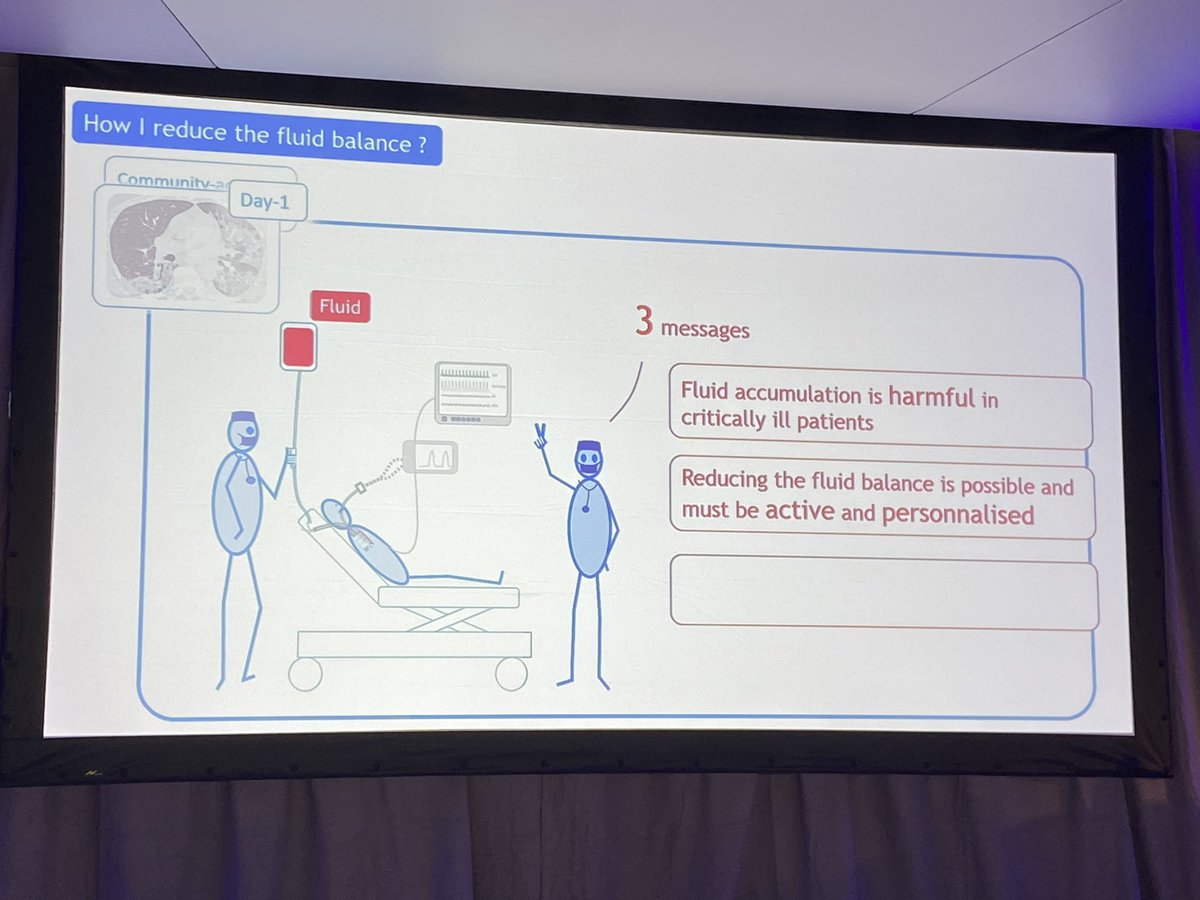
Satellite Masterclass Symposium on cytokine removal
Cytokine removal in critically ill patients: Clinical experience, tips and tricks
Type: Satellite Masterclass Symposium
Supported by Unrestricted Educatonal Grant by Cytosorbents
Date: November 24th, 2017
Location: Hilton Congress Centre, Groenplaats, Antwerp, Belgium
Room: TBA
Program Chair: Manu Malbrain, Antwerp, Belgium
Speakers:
Manu Malbrain, Antwerp, Belgium
Zsolt Molnar, Szeged, Hungary
Duration: 30 min
Pax: 300
Price: FREE
Comment: This masterclass symposium can only be booked when attending the IFAD2017 meeting on Nov 24-25, 2017, at Hilton Congress Centre, Groenplaats, Antwerp, Belgium
Background: Capillary leakage is one major cause of intravasal fluid deficiency. This may result in hypotension and cardiocirculatory shock necessitating fluid resuscitation. Administered fluid, however, may be lost into third space due to leaking capillaries leading to relative hypovolemia despite adequate volume administration. Massive tissue edema may result from pursuing to maintain adequate intravasal fluid level. Capillary leakage may be triggered by inflammatory conditions. Acute inflammatory disease is accompanied by stimulation of inflammatory mediators. This, primarily, intends to control the inflammatory stimulus. In some cases, however, cytokine response may be overwhelming and causes an overshooting release of cytokines. This is well known as “cytokine storm” and is known to lead to clinical consequences such as shock, vasoplegia, organ dysfunction and capillary leakage
Bioprofile Expert Speaker Zsolt Molnar: (z_molnar@hotmail.com)

- Zsolt Molnar is head of the department of Anaesthesiology and Intensive Therapy, University of Szeged in Hungary, since 2009. He has published extensively in the area of critical care medicine.
- His main research interests are: sepsis related haemodynamic changes, fluid therapy, markers of inflammation, and oxygen debt and perioperative intensive care. He has been a regular invited speaker on large international, regional and national conferences all over Europe and overseas as well, with almost 100 lectures over the last 5 years. His total impact factor is >150, with a citation index of >450 at present.
- He has extensive international relationships, which resulted in several publications and other collaborative works. He is a member of the European Society of Anaesthesiology (ESA) and the European Society of Intensive Care Medicine. He is also a member of the intensive care subcommittee of the ESA.
- He has been reviewing for most leading journals in intensive care medicine and anesthesiology for several years. He is also the member of the editorial board of several international journals. He has published extensively in critical care Up to 2016, he published 98 manuscripts (43 originals), with a total impact factor of 146, independent citation index of 680 and a Hirsch-index of 17. One of his most important initiatives is the organization of a Central and Eastern European conference, called SepsEast (www.sepseast2016.com).
Draft scientific program (check our website for updates)
- Introduction to GIPS, global increased permeability syndrome. Manu Malbrain, ZNA Stuivenberg, Antwerp, Belgium
- Cytokine removal in critically ill patients: Clinical experience, tips and tricks. Albert Grootendorst, Maasstad Ziekenhuis,
- Discussion
Learning objectives:
- During this symposium the audience will gain insight in the pathophysiological principles and clinical consequences of the dysregulated, hyperinflammatory response hallmark of septic shock and many other, non-infectious systemic hyperinflammatory states.
- To recognize the role of uncontrolled immune response for clinical changes of vascular tone, hemodynamic changes, capillary permeability, organ dysfunction
- To recognize the parameters of proinflammatory cytokines and the course of their activation in the context of inflammatory diseases
- A new, innovating and performant cytokine adsorption technology will be discussed as well as its capacity to modulate the immune response and improve hemodynamics and other clinical outcomes.
- To review different approaches of blood purification for modulation of cytokine levels
- To learn the effects of bead adsorber technology for cytokine removal
- The speaker will share his practical experiences with introducing this technology in clinical routine and will present his current clinical results after more than 50 treatments in various indications.
- To recognize different indications for hemadsorption therapy

Educational Grant from Cytosorbents: CytoSorbents is a critical care immunotherapy company commercializing its CE approved CytoSorb, a safe and effective cytokine adsorber. CytoSorb is designed to attenuate the dysregulated, hyperinflammatory response („cytokine storm“) present in septic shock and other, non-infectious systemic hyperinflammatory states by reducing elevated levels of cytokines and other inflammatory mediators. This modulation of the immune response can lead to an improvement of hemodynamics, a reduction in the need for vasopressors and overall to an increased chance for recovery of organ functions and improved patient outcomes. CytoSorb is indicated in various hyperinflammatory states of infectious and non-infectious origin, e.g. after cardiac surgery, in cardiogenic shock, trauma, burns, pancreatitis and infection. So far it has been used safely and well tolerated in more than 20.000 single treatments worldwide. CytoSorb - Regain control in SIRS and sepsis!
Suggested reading:
- Treatment of post-cardiopulmonary bypass SIRS by hemoadsorption: a case series. Traeger K, Fritzler D, Fischer G, Schröder J, Skrabal C, Liebold A, Reinelt H. Int J Artif Organs 2016;39(3):141-6. PMID: 27140295 DOI:10.5301/ijao.5000492
- Effect of hemoadsorption during cardiopulmonary bypass surgery - a blinded, randomized, controlled pilot study using a novel adsorbent. Bernardi MH, Rinoesl H, Dragosits K, Ristl R, Hoffelner F, Opfermann P, Lamm C, Preißing F, Wiedemann D, Hiesmayr MJ, Spittler A. Crit Care. 2016 Apr 9;20(1):96. PMID: 27059056 PMCID: PMC4826492 DOI: 10.1186/s13054-016-1270-0
- Use of cytokine filters in cardiopulmonary bypass machines (Einsatz eines Zytokinfilters in die Herz-Lungen-Maschine). Deppe AC, Weber C, Choi YH, Wahlers T. Z Herz-,Thorax-Gefäßchir 30(4): 254-259 DOI 10.1007/s00398-016-0075-4
- Observations in early vs. late use of CytoSorb® haemadsorption therapy in critically ill patients. Kogelmann K, Druener M, Jarczak D. Critical Care 2016, 20(Suppl 2):P195. DOI: 10.1186/s13054-016-1208-6
- Introduction: In several studies and in vitro data is demonstrated that the additional treatment with an extracorporal cytokine adsorption filter (Cytosorb, Cytosorbents corp.) may be helpful in patients with multiorgan failure due to increased cytokine levels [1]. CytoSorb is used as adjunctive therapy not only in septic multiorgan failure as well as in severe pancreatitis and other critical ill patients and is well tolerated and safe.
- Methods: We collected data from 14 Patients treated additional with cytokine-haemadsorption filter (Cytosorb) as adjunctive therapy in septic shock or severe SIRS. The focus was abdominal (28.6 %), pneumonia (50 %) and pancreatitis (14.3 %). Aim of our case study was to show the effectiveness of Cytosorb treatment used as adjunctive therapy in critically ill patients. If there was no decrease of catecholamine demand and kidney injury persistent after initial therapy following actual guidelines [2], Cytosorb therapy was initiated. We collected data before, during and after treatment and calculated demand of norepinephrine (μg/h vs. thereby achieved mm Hg MAP).
- Conclusions: In this case study the effects we could observe were pronounced decrease in catecholamine demand and blood lactate level. We could see increased survival if treatment with CytoSorb haemadsorption filter started between 24 – 48 h, patients who had a greater delay had poor outcome. Reasons for delay has been late acute renal failure or late admission to ICU. This implicates a therapy start not later than 24 – 48 hours.
- References [1] Hetz H, et al. Septic shock secondary to ß-hemolytic streptococcus-induced necrotizing fasciitis treated with a novel cytokine adsorption therapy. Int J Artif Organs 2014;37:422-6. [2] Dellinger RP, et al. Surviving sepsis campaign guidelines for management of severe sepsis and septic shock. Intensive Care Med (2004) 30:536–555
- A multicenter randomized controlled study of an extracorporeal cytokine hemoadsorption device in septic patients. Schädler D, Porzelius C, Jörres A, Marx G, Meier-Hellmann A, Putensen C, Quintel M, Spies C, Engel C, Weiler N, Kuhlmann M. Crit Care. 2013; 17(Suppl 2): P62. DOI: 10.1186/cc12000 PMCID: PMC3643068
- Case series of patients with severe sepsis and septic shock treated with a new extracorporeal sorbent. Laddomada T, Doronzio A, Balicco B. Critical Care 2016, 20(Suppl 2):P19
- Effects of hemoadsorption on cytokine removal and short-term survival in septic rats. Peng ZY, Carter MJ, Kellum JA. Crit Care Med. 2008 May;36(5):1573-7
- In vitro adsorption of a broad spectrum of inflammatory mediators with CytoSorb® hemoadsorbent polymer beads. Gruda M. Critical Care 2016, 20(Suppl 2):P194
- Hemoadsorption to improve organ recovery from brain-dead organ donors: a novel therapy for a novel indication? Venkataraman R, Song M, Lynas R, Kellum JA. Blood Purif. 2004;22(1):143-9








































